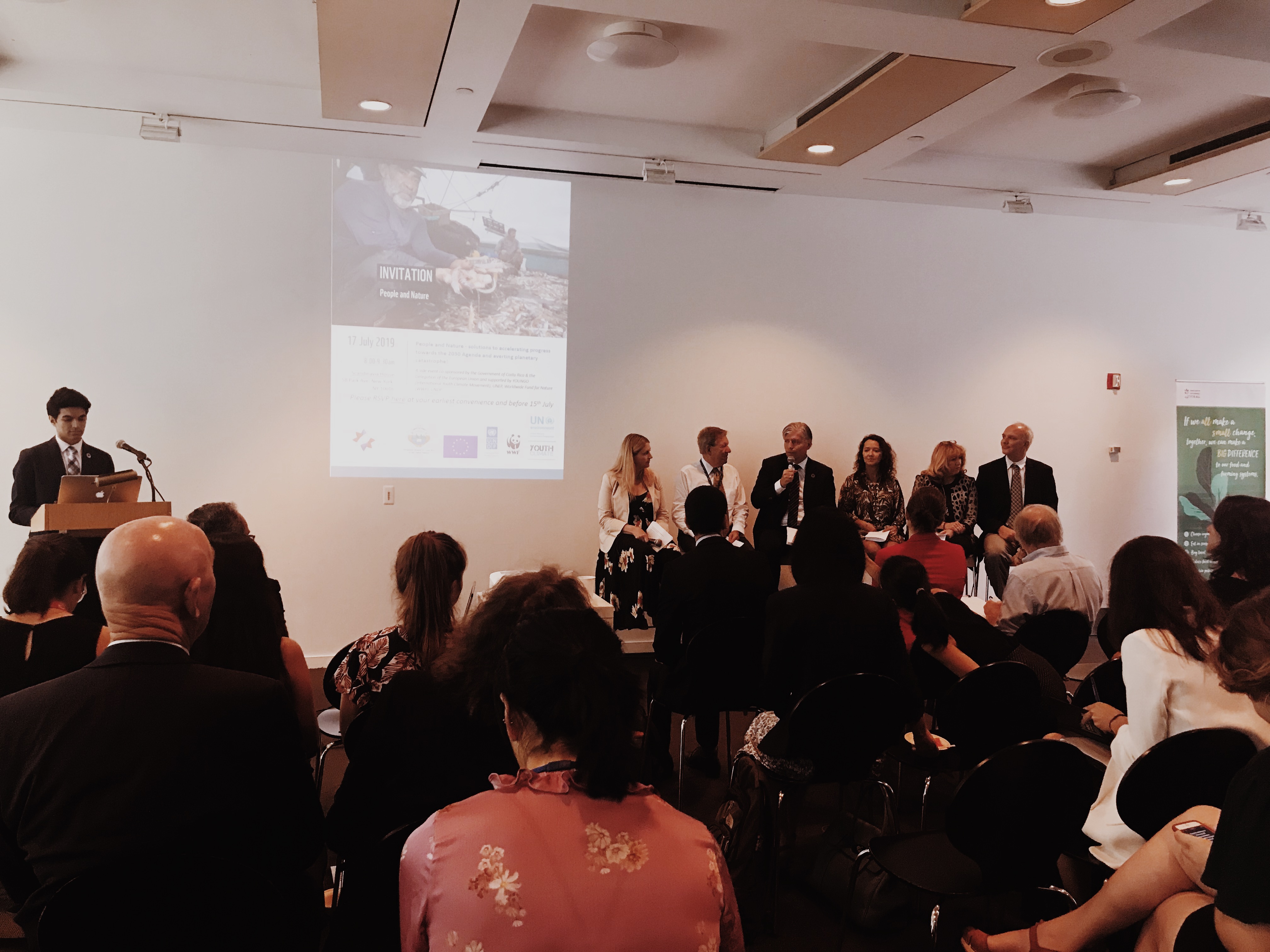
The development of information and communications technologies (ICT) facilitated all three pillars of the United Nations’ work – peace and security, human rights, and sustainable development. The internet facilitated developmental progress by expanding opportunities for cooperation, even despite the global pandemic.
However, the rapid growth of digital technologies around the world is creating new possibilities for conflict. The Security Council held its first-ever open debate on maintaining cybersecurity on Jun 29. Ms. Izumi Nakamitsu, United Nations High Representative for Disarmament Affairs, noted the rising number of malicious digital activities in recent years.
Existing and Emerging Threats
A number of states are developing ICT capacities for military purposes. Adoption of such offensive postures for the hostile use of technologies undermines trust, and might eventually result in unintended armed response and escalation.
On a civilian level, infrastructures nowadays rely heavily on ICT to provide essential services to the public, such as medical facilities, financial services, energy, water, transportation, and sanitation. Malicious ICT activities against critical infrastructure and critical information infrastructures hamper the livelihoods and well-being of individuals. The lack of cybersecurity also hampers trust in public institutions.
No state, no individual is sheltered from these digital threats. Different sectors shall pool resources together and find a prompt solution to prevent online confrontations and attacks.
Effective Practices
The Open-ended working group on developments in the field of information and telecommunications in the context of international security (OEWG) and the Group of Governmental Experts on Advancing responsible State behavior in cyberspace in the context of international security (GGE) published reports to affirm that international law and the Charter of the United Nations are applicable to maintaining peace and stability by promoting an open, secure, stable, accessible and peaceful ICT environment.
Concrete measures include confidence-building which enhances transparency to avoid misperception and misunderstandings and to reduce possible tensions. Regions, cross-regional and inter-organizational exchange of information are complementary to the work of the UN in promoting confidence-building measures. Another area was capacity-building, which improves the national ability to prevent or mitigate the impact of malicious ICT activities. As such, the UN assists member states to develop the skills, human resources, policies, and institutions to increase their resilience and security. Lastly, regular institutional dialogues are to be held to raise awareness and build trust. Regulatory efforts must be built on a multilateral platform to ensure uniform results.
Current obstacles
Despite the need for international coordination against cyber threats, 75% of Africa’s population has insufficient or even no access to the internet at all. The international framework needs to be equitable and address the threats in underprivileged societies. The UN must leave no one behind and offer technical assistance to small developing countries.
Cyber security is only possible when all stakeholders act collectively. Let us work together for safe and secure internet.
Written by: WIT-UN Intern Tracy Cheng
References:
https://www.un.org/disarmament/group-of-governmental-experts/
https://media.un.org/en/asset/k1e/k1egd92tkq
Creating and rolling out an effective cyber security strategy









